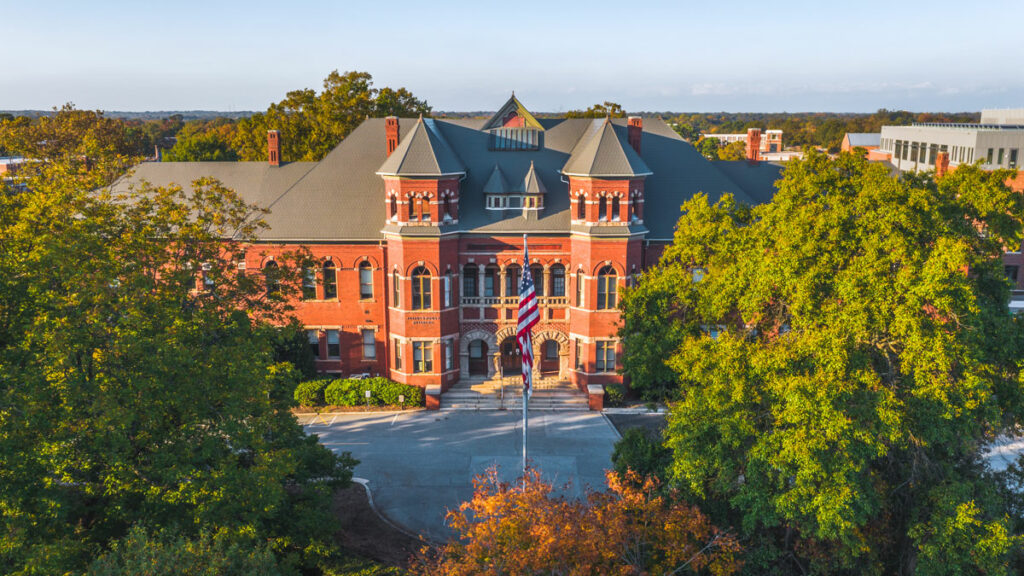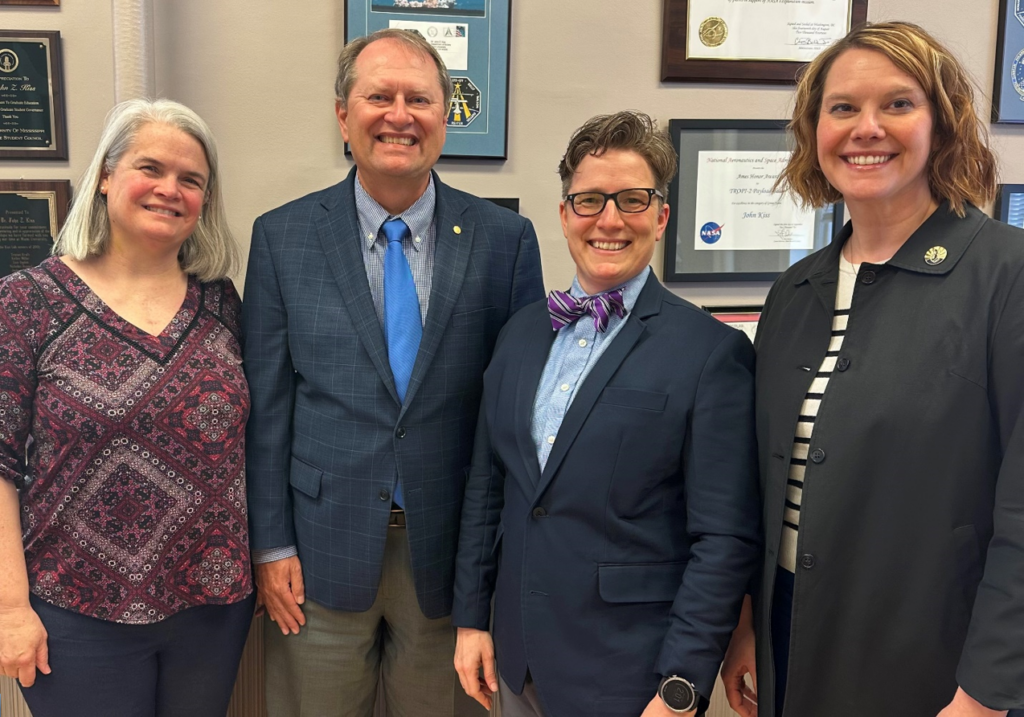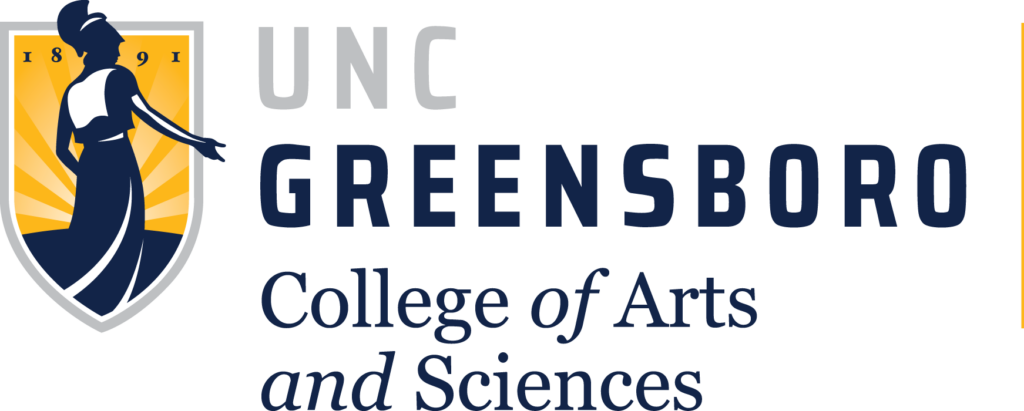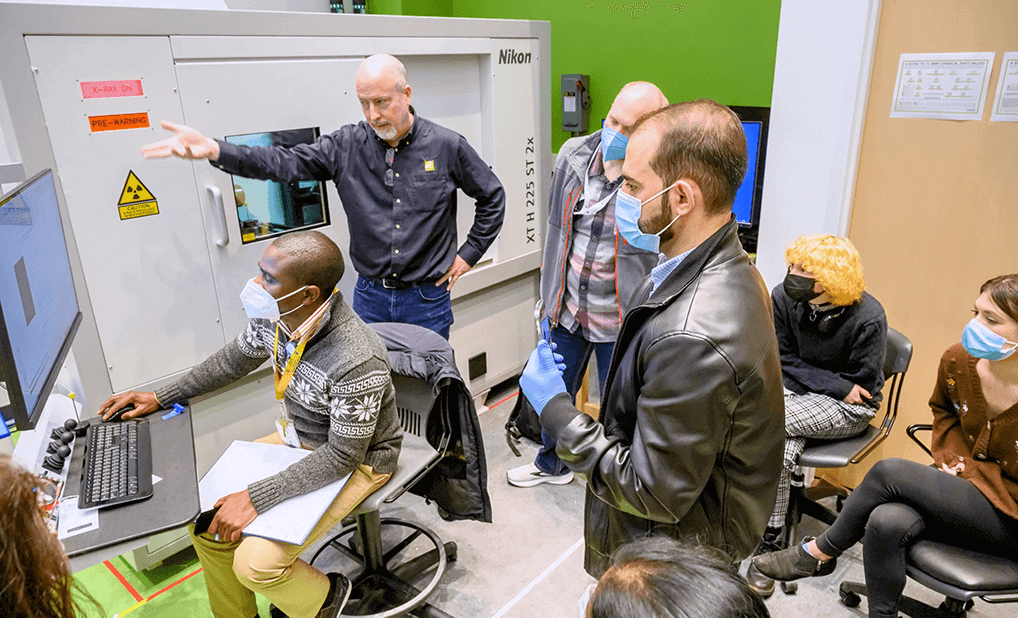
An interdisciplinary team of scientists at UNC Greensboro has been awarded the university’s first National Science Foundation (NSF) major research instrumentation (MRI) grant – totaling $642,892 – to install a high-powered micro-computed tomography (micro-CT) machine.
The new X-ray based instrument, installed in March, will give scientists at UNCG and across the region the ability to produce high-resolution 3D images of both ancient and modern organisms.
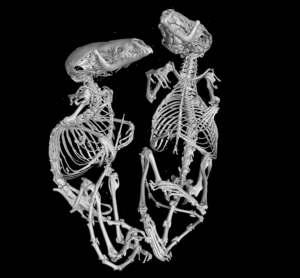
“Essentially, the new micro-CT scanner allows us to ‘digitally dissect,’” said Dr. Bryan McLean, a UNCG biology professor and one of the grant’s principal investigators. “We can now see the three-dimensional internal anatomy of artifacts and organisms without destroying the objects.”
The scanner – a Nikon XT H 225 ST – is housed at the Joint School of Nanoscience and Nanoengineering (JSNN), a collaborative space between UNCG and N.C. A&T State University. The machine is funded by the National Science Foundation’s Major Research Instrumentation Program, with a 30 percent cost match from UNCG of $275,525 (total $ 918,417).
Students and faculty in many disciplines and across institutions will benefit from the new technology, including archeologists, biologists, nanoscientists, and engineers.
The instrument also will be available to researchers across the Triad, western North Carolina, and southwestern Virginia, dramatically accelerating STEM research and training at institutions in these areas.
“These are highly competitive grants to receive,” said Dr. Terri Shelton, vice chancellor of research and engagement at UNCG. “The new micro-CT machine will open up new research and training opportunities not just at UNCG, but across the region.”
Story by Elizabeth Keri, College of Arts & Sciences
Photography by Martin W. Kane, University Communications
Scan provided by Dr. Bryan McLean
